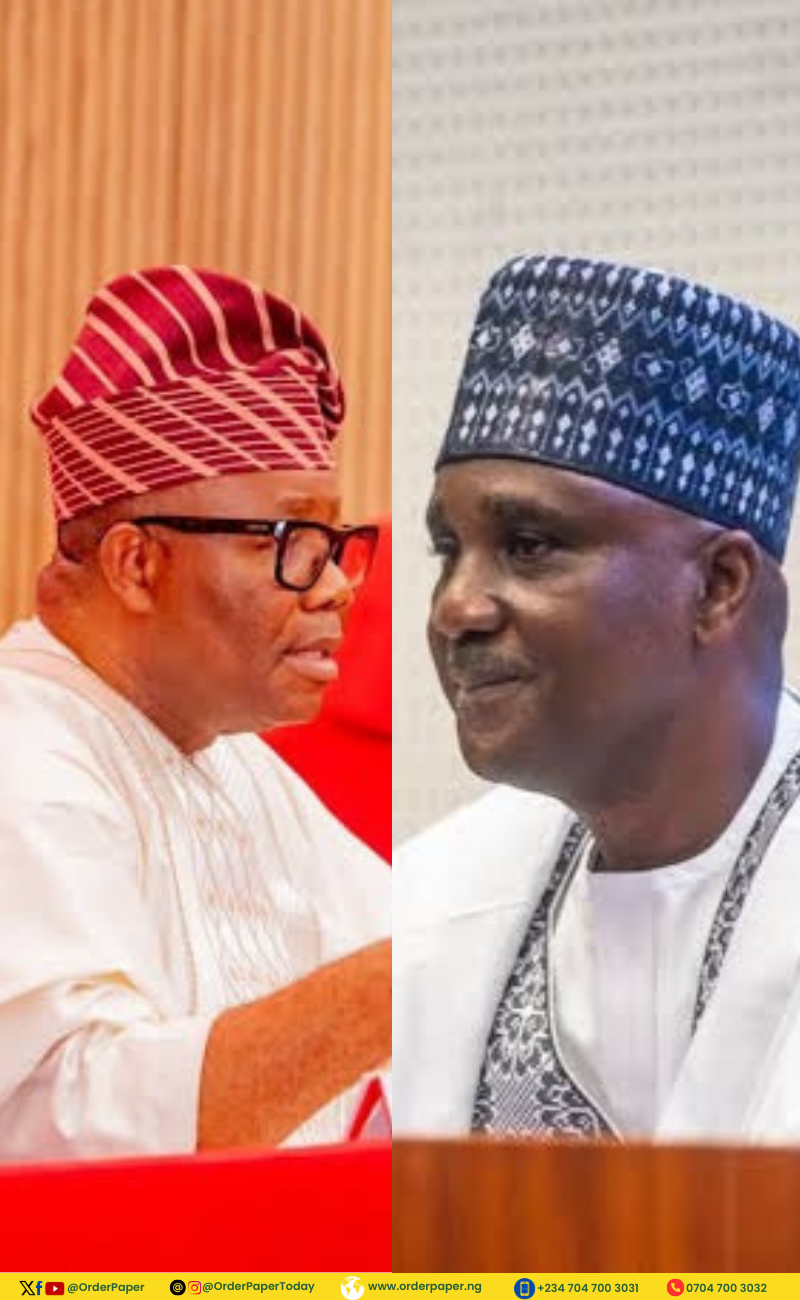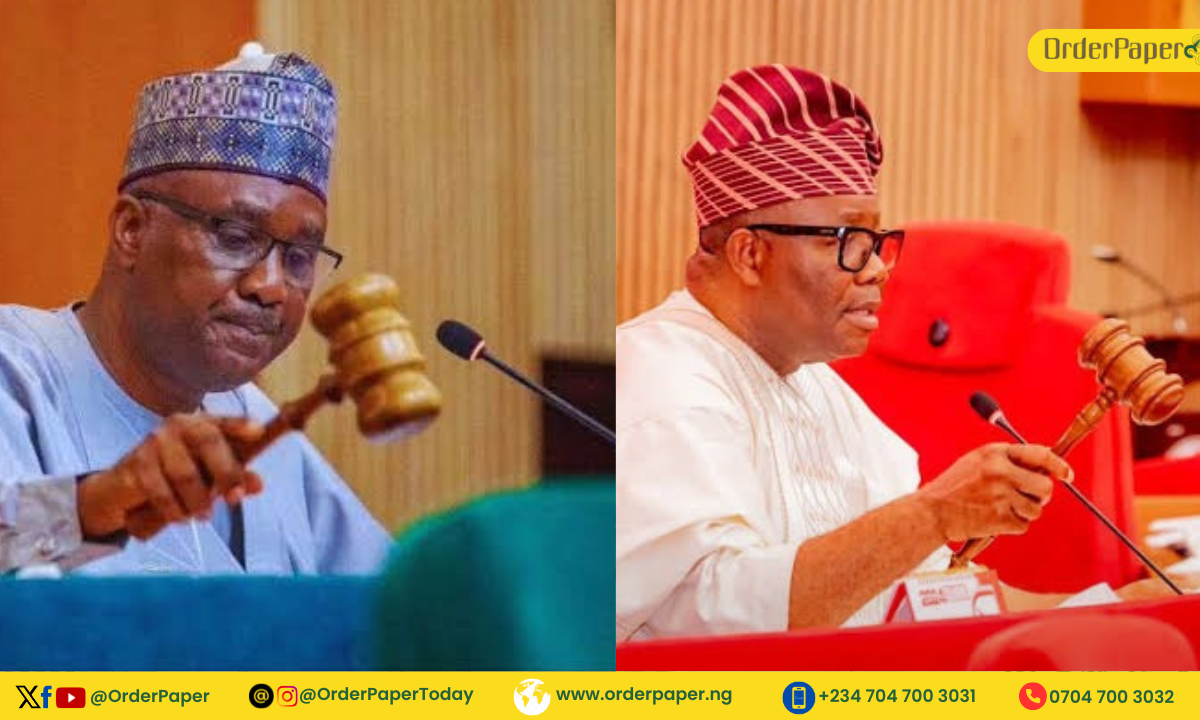As Nigeria grapples with protests and widespread disenchantment with poor governance, indications of a subdued national assembly are very concerning
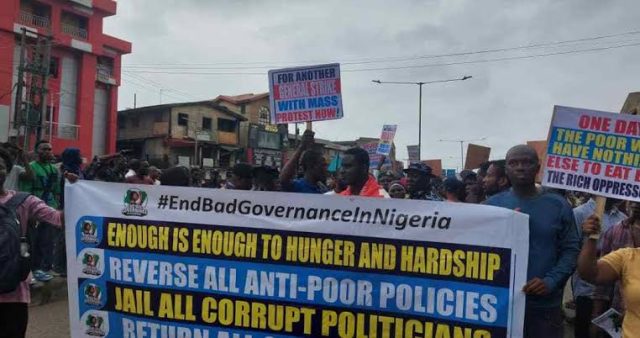
The #EndBadGovernance protests staged nationwide from August 1st to 10th 2024, exposed not only the frustrations of citizens with the current administration but also a concerning imbalance in the country’s system of checks and balances.
The president’s policies are hurting citizens…
The administration of President Bola Ahmed Tinubu, which marked its first year in office in May, 2024, has faced mounting criticism for its economic policies and governance approach. The removal of fuel subsidies, coupled with other contentious decisions, has exacerbated the cost of living crisis, pushing many Nigerians to the brink. However, the nationwide protests highlight more than just economic grievances; they point to a fundamental faultline in the nation’s democratic processes.
At the heart of this lies the apparent failure of the 10th National Assembly, led by Senate President Godswill Akpabio and Speaker Tajudeen Abbas, to fulfill its constitutional role as a check on executive power. The legislature, designed to scrutinize and balance the actions of the executive branch, appears to have become a rubber stamp for presidential initiatives. This has been evidenced in several ways including the rapid passage of the change in the national anthem and the expedited approval of the 2024 national budget and latter amendments which followed. Not even scandalous Abdul Ningi budget padding saga pulled a break for sober reflection in the way the federal legislature is relating with the Tinubu presidency. The carefree adoption of the president’s signature-styled cap by many lawmakers and the singing of his ‘on your mandate’ chorus within the hallowed chambers of the national assembly suggest a concerning level of fealty to the executive branch.
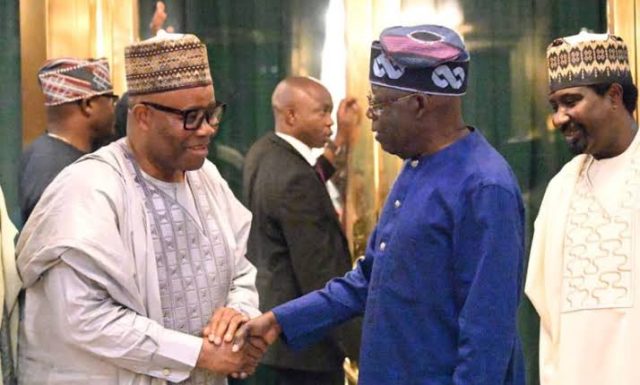
Faultline founded in cabinent appointments…?
This unbalanced relationship between the legislature and the executive can be partially attributed to the unique composition of the current cabinet of President Tinubu. The executive branch is heavily populated by former legislators, including vice president Kashim Shettima, chief of staff, Femi Gbajabiamila and secretary to the government of the federation, George Akume. This transition of political actors, which has been well documented in OrderPaper’s FLEX publication, a quarterly policy review by Nigeria’s foremost parliamentary monitoring organisation and public policy think tank, may explain the unusually close alignment between the two branches of government.
The consequences of this apparent erosion of checks and balances are far-reaching. Without effective legislative oversight, the executive branch operates with unprecedented freedom, implementing policies that may not undergo sufficient scrutiny by parliament. This situation has no doubt contributed to the current climate of discontent, as evidenced by the last nationwide protests.
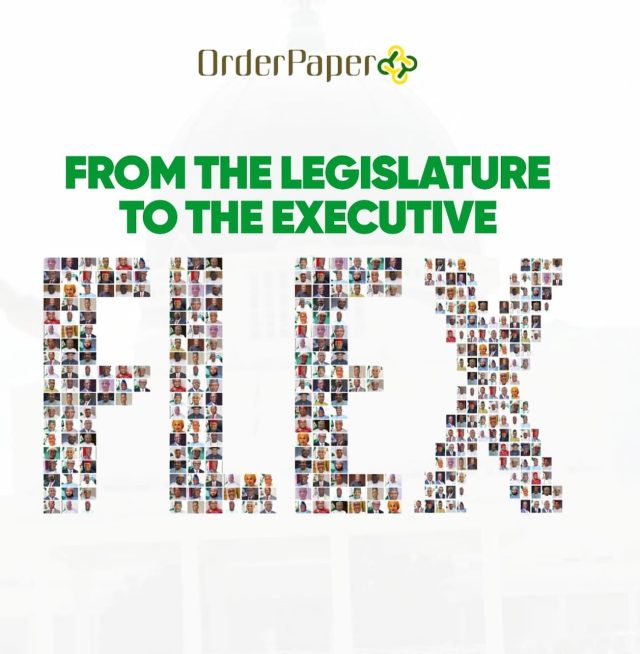
Moreover, the government’s heavy-handed response to the street protests, viewed by many as an infringement on the right to freedom of expression, and which parliament has stayed silent on, further underscores the consolidation of power within the executive branch. The loss of life and property during these protests serves as a stark reminder of the high stakes involved in this budding governance disorder.
As Nigeria moves forward, the question remains: Will the national assembly reassert its constitutional role and provide the necessary checks on executive power? The current trajectory suggests a concerning trend towards a rubber-stamp legislature, but the pressure from civil society and the ongoing protests may yet result to a change in course.
The coming months will be crucial in determining whether Nigeria’s democracy can rebalance itself. The ability of the legislative branch to scrutinize executive actions, debate policies thoroughly, and represent the interests of the citizenry will be key indicators of the health of the nation’s democratic institutions.
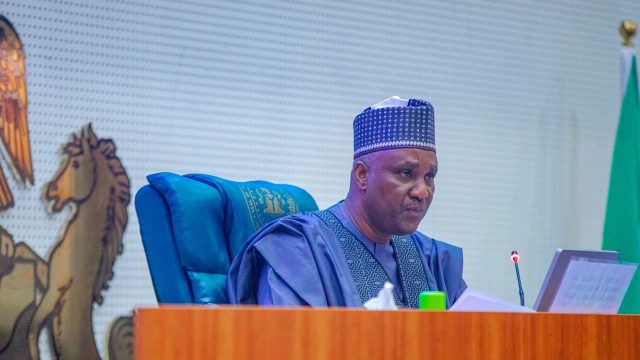
For now, as protests subside and citizens demand accountability, all eyes are on the 10th National Assembly. Its actions or inactions in the face of these challenges will shape the future of Nigerian governance and the balance of power within the federal system. The path forward requires a recommitment to the principles of checks and balances, without which the promise of democratic governance remains unfulfilled.

